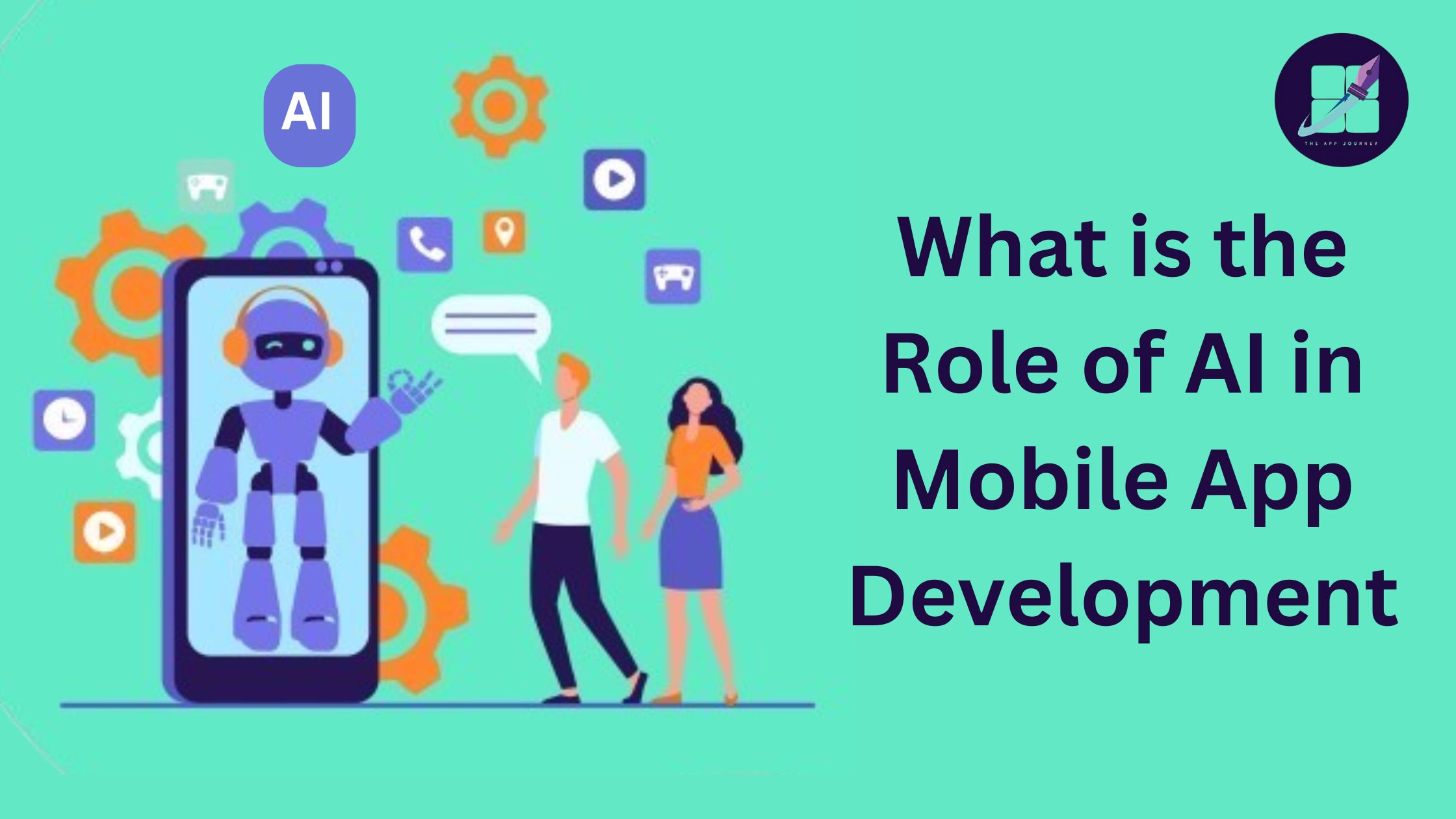
Artificial Intelligence (AI) is revolutionizing mobile app development. It introduces new capabilities and efficiencies that were once thought impossible. With AI, developers can create apps that learn from user interactions, predict future behavior, and provide personalized experiences.
In this article, we will explore the various roles AI plays in mobile app development. From the technologies that make it possible to the benefits and challenges it brings, we will provide a comprehensive look at how AI is shaping the future of mobile apps.
Key AI Technologies Transforming Mobile App Development
Machine Learning
Machine Learning (ML) is a subset of AI that enables apps to learn from data. In mobile app development, ML can analyze user behavior and preferences. This allows the app to adapt and offer personalized content. For example, recommendation engines in streaming apps use ML to suggest movies or songs based on previous selections.
ML algorithms can also improve app security by detecting unusual patterns that may indicate fraudulent activity. In gaming apps, ML can create more challenging and engaging experiences by adapting to the player’s skill level.
Natural Language Processing
Natural Language Processing (NLP) allows apps to understand and interpret human language. Alexa and Siri, two voice assistants, are powered by this technology. It enables users to interact with their apps through voice commands and text.
In customer service apps, NLP can be used to create chat bots that provide instant responses to user queries. This reduces the need for human intervention and enhances user satisfaction by providing quick and accurate answers.
Computer Vision
Computer Vision (CV) enables apps to interpret and process visual information from the world. This technology is used in various applications, such as augmented reality (AR) and facial recognition.
In mobile app development, CV can enhance user experience by allowing features like image recognition and object detection. For example, shopping apps can use CV to help users find products by scanning images, and social media apps can use it for advanced photo editing tools.
Benefits of AI in Mobile App Development
AI brings numerous benefits to mobile app development. One significant advantage is enhanced user personalization. By analyzing user data, AI can tailor app content and recommendations to individual preferences. This makes the app more engaging and useful for the user.
Another benefit is improved app performance and efficiency. AI algorithms can optimize app functionality by predicting and pre-empting user needs. This can result in faster load times and more seamless interactions.
AI also enhances security in mobile apps. Machine learning models can identify and mitigate potential security threats in real-time. This proactive approach to security helps protect user data and builds trust in the app.
Furthermore, AI can streamline the development process. Automated testing and debugging powered by AI can significantly reduce development time and costs. This allows developers to focus more on creating innovative features and less on routine maintenance tasks.
Challenges and Considerations When Integrating AI
While AI offers many benefits, integrating it into mobile apps comes with challenges. One significant challenge is data privacy. AI systems require vast amounts of data to function effectively, raising concerns about how this data is collected, stored, and used.
Another challenge is the complexity of AI algorithms. Developing and implementing AI requires specialized knowledge and skills. Both the cost and duration of development may rise as a result.
AI systems also need continuous monitoring and updating to remain effective. This ongoing maintenance can be resource-intensive and requires a long-term commitment from developers.
Additionally, there’s the issue of user trust. Users may be wary of AI-driven features, especially if they don’t understand how they work. Clear communication about the benefits and safeguards of AI can help build user confidence.
Future of AI in Mobile App Development
The future ofArtificial Intelligence in mobile app development looks promising. As technology advances, we can expect even more sophisticated AI applications in mobile apps. One emerging trend is the use of AI for predictive analytics. This can help developers anticipate user needs and provide proactive solutions.
Another trend is the integration of AI with the Internet of Things (IoT). This can create more interconnected and intelligent app ecosystems. For example, smart home apps can use AI to learn user preferences and automate home settings.
Moreover, AI-driven automation will continue to streamline app development processes. This will enable faster and more efficient creation of innovative mobile apps.
Conclusion
AI is transforming mobile app development by introducing new capabilities and efficiencies. From machine learning and natural language processing to computer vision, AI technologies are enhancing app functionality and user experience.
While there are challenges to integrating AI, the benefits it brings make it a worthwhile investment for developers. As AI technology continues to evolve, its role in mobile app development will only become more significant.
By leveraging AI, developers can create smarter, more personalized, and more efficient mobile apps that meet the ever-changing needs of users. The future of mobile app development is undoubtedly intertwined with the advancements in AI.



